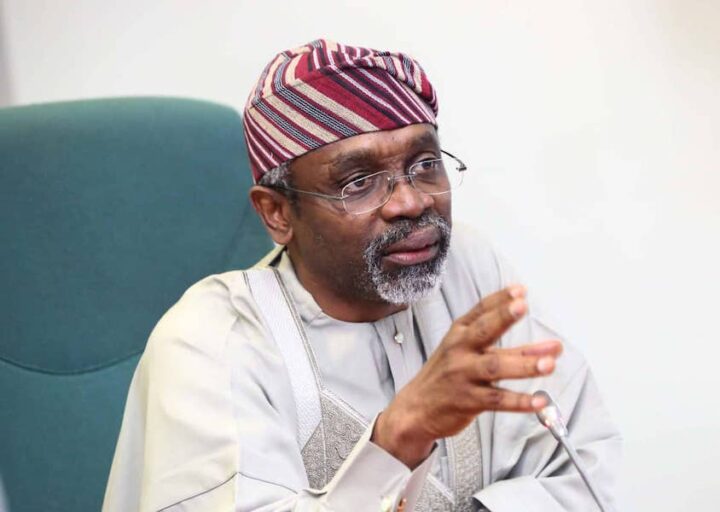He said the current pegging of secondary school certificate or it equivalent as a minimum educational requirement as stipulated in Section 131(d) of the 1999 Constitution for people seeking such high offices of responsibilities is not only too low in a country as Nigeria but no longer relevant in the 21st Century.
Gbajabiamila gave this remark at the University of Lagos (UNILAG) Akoka while delivering the 52nd Convocation Lecture of the university.
He spoke on “Building Back Better: Creating a New Framework for Tertiary Education in Nigeria in the 21st Century” even as the Hon Justice Amina Adamu Augie of the Supreme Court chaired the event.
The speaker, an alumnus of UNILAG who did not mention a specific academic qualification in mind explained that just as the National Assembly successfully reduced the eligible age for political offices in the country ahead of the 2019 general elections to satisfy the “Not too young to run request,” he also strongly believed that the national lawmakers would need to review upward the mandatory academic qualification for persons aspiring to those offices.
Doing this, he said, would be another step towards electoral system reform and the production of quality leadership in the country.
He emphasised that making a school certificate or its equivalent a minimum academic requirement for such high offices in the land was suitable only to those old periods and not nowadays again.
He also said even though there were diverse opinions currently on the adoption of Direct Primaries by political parties to choose their candidates, he added that he was so optimistic that such policy would certainly increase greater participation in the leadership recruitment process.
He, however, said there was a Bill currently in the House tagged “Access to Higher Education Bill” aimed at providing interest-free loans to students of tertiary schools who may need financial help while studying, noting that such loans would be repaid from two years after such students would have completed their mandatory National Youth Service Corps (NYSC) programme.
He charged the graduating students to make good use of the knowledge and skills imparted to them by UNILAG and also further equip themselves with what would make them do well in their respective fields and other endeavours.
In her own remark, the chairman on the occasion Justice Amina Augie of the Supreme Court said education remains a determinant of the type of quality of life a person live and also a country would be.
She asked the graduating students to continue to learn so as to enable them to contribute meaningfully to the development of the country and the world at large.
In his welcome address earlier, the vice-chancellor of UNILAG, Prof Oluwatoyin Ogundipe, said the essence of the convocation lecture was to stimulate national discussion to address the societal problems towards nation’s building.
He said commended both the guest lecturer as well as the chairman on the occasion, saying their services to the country and humanity were well acknowledged.



